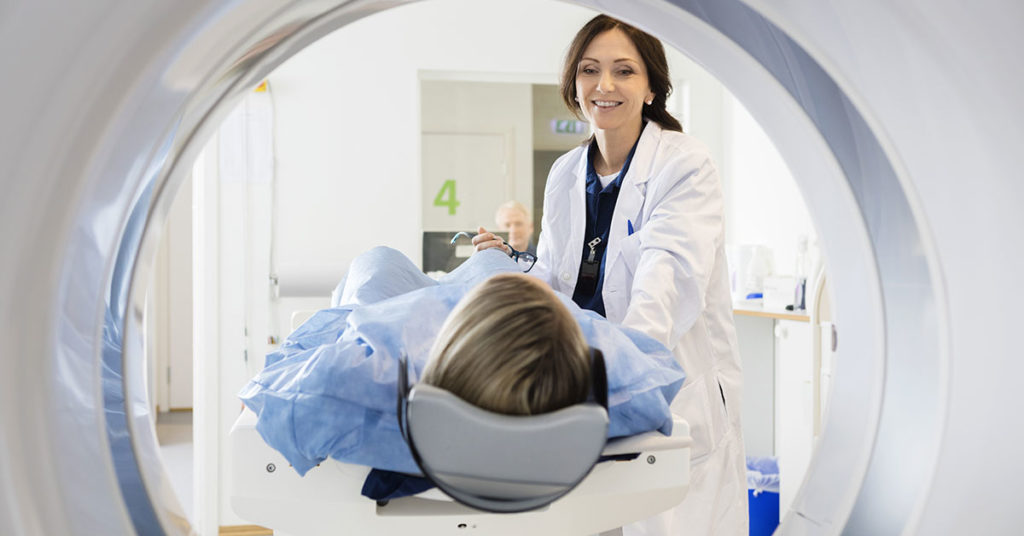Key points
- In Mexico, around 20,000 people between the ages of 20 and 35 have multiple sclerosis.
- Its symptoms are tingling, lack of sensation, balance difficulty, involuntary tremor, rigidity, and spasticity (tight and rigid muscles).
- Its origin is unknown and there is no cure, it damages the central nervous system and causes disabilities due to damage to myelin, the layer that covers neurons.
Multiple sclerosis is a central nervous system disease, its causes are still unknown, and it occurs when the myelin (fatty cover that covers and protects the neurons and spinal cord) gets damaged due to an immune system malfunction, which causes its cells to attack the central nervous system, causing serious disability problems since, over time, the disease can deteriorate the nerves or become permanently damaged.
It is very difficult to detect, so any of the following symptoms for more than 24 hours are a sign to see a doctor immediately:
- Tingling.
- Lack of sensation.
- Difficulty keeping balance.
- Involuntary tremor.
- Stiff and tense muscles.
- Weak limbs.
- Prolonged double vision.
- Electric shock sensations that occur with certain movements of the neck, especially bending the neck forward (Lhermitte’s sign).
- Problems with bowel and bladder function.
Risk factors
It has not yet been possible to determine why this disease appears in some people since it seems to be due to a combination of genetic and environmental factors that trigger it:
- Age: It occurs most frequently between the ages of 15 and 60.
- Women are almost twice as likely as men to develop multiple sclerosis.
- Family history: if one of your parents or siblings has the disease, the risk of suffering from it is higher.
- Certain infections: some viruses are associated with multiple sclerosis, including Epstein-Barr, which causes infectious mononucleosis.
- Race: white people, especially those of Northern European descent, are at higher risk.
- Climate: It is more frequent in countries with mild climates, such as Canada, the northern USA, New Zealand, southeastern Australia, and Europe.
- Certain autoimmune diseases: thyroid, type 1 diabetes, or inflammatory bowel disease.
- Smoking: smokers who experience initial symptoms that could indicate multiple sclerosis are more likely to have it than non-smokers.
Diagnosis
There are still no specific tests to detect multiple sclerosis, so the diagnosis rules out other diseases that can produce similar signs and symptoms, which is called differential diagnosis. Some of the clinical tests that must be performed exhaustively to make this diagnosis are blood tests, lumbar puncture, MRI, evoked potential tests, to record the electrical signals produced by the nervous system in response to certain stimuli.
In most cases of people with relapsing-remitting multiple sclerosis, the diagnosis is fairly simple, based on a pattern of symptoms consistent with the disease and confirmed by brain imaging scans, such as the aforementioned MRIs.
Quality of life
Despite being an incurable disease, there are medical procedures that slow its progress and control the symptoms to provide the patient with a good quality of life. Once it has been diagnosed, it is necessary to start treatment, since if it is not treated properly and promptly, it can cause severe physical effects such as partial paralysis of the limbs, temporary blindness, sensory alteration of balance, or loss of sphincter control, among others.
At ABC Medical Center we have a select group of health professionals in various disciplines who treat a wide range of nervous system diseases.
At ABC Medical Center’s Neurology Center, we can provide you with specialized care. Contact us!


